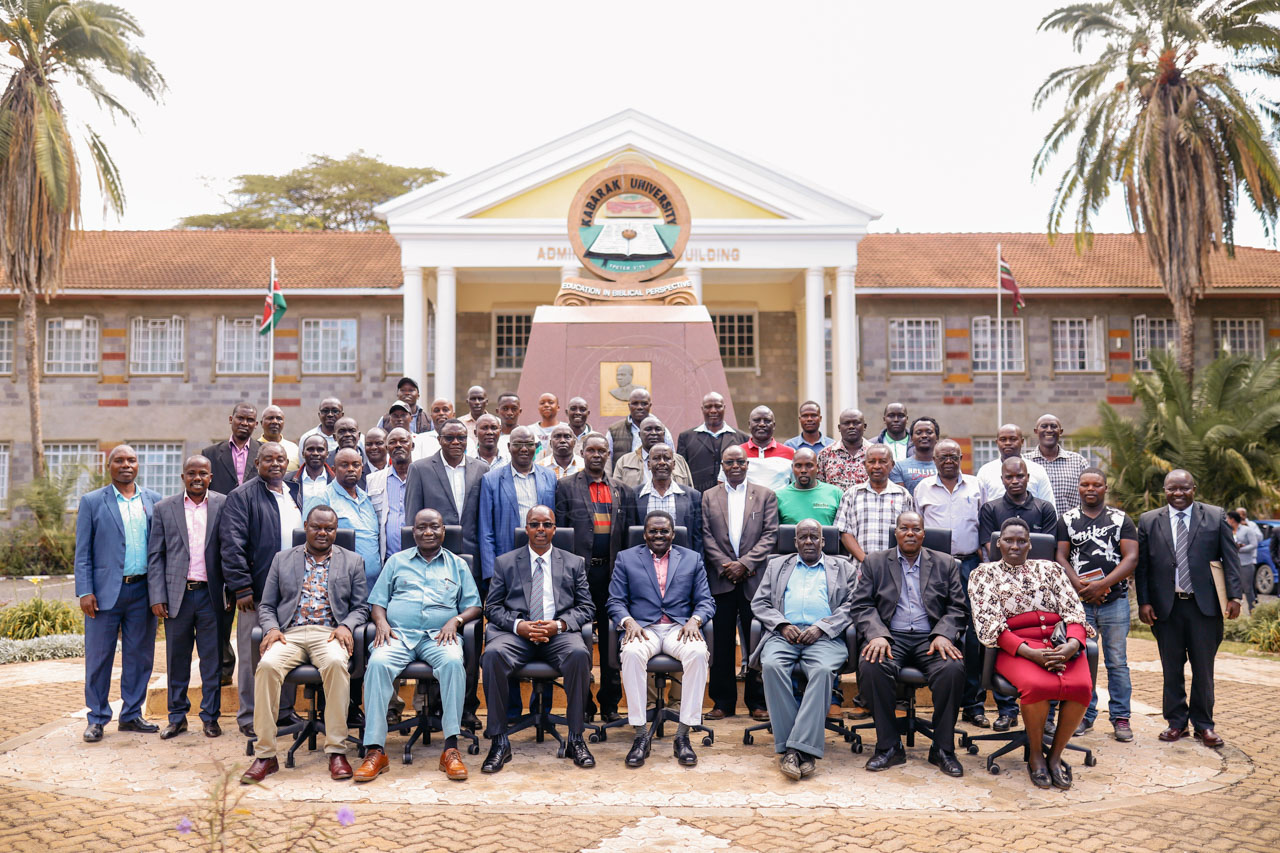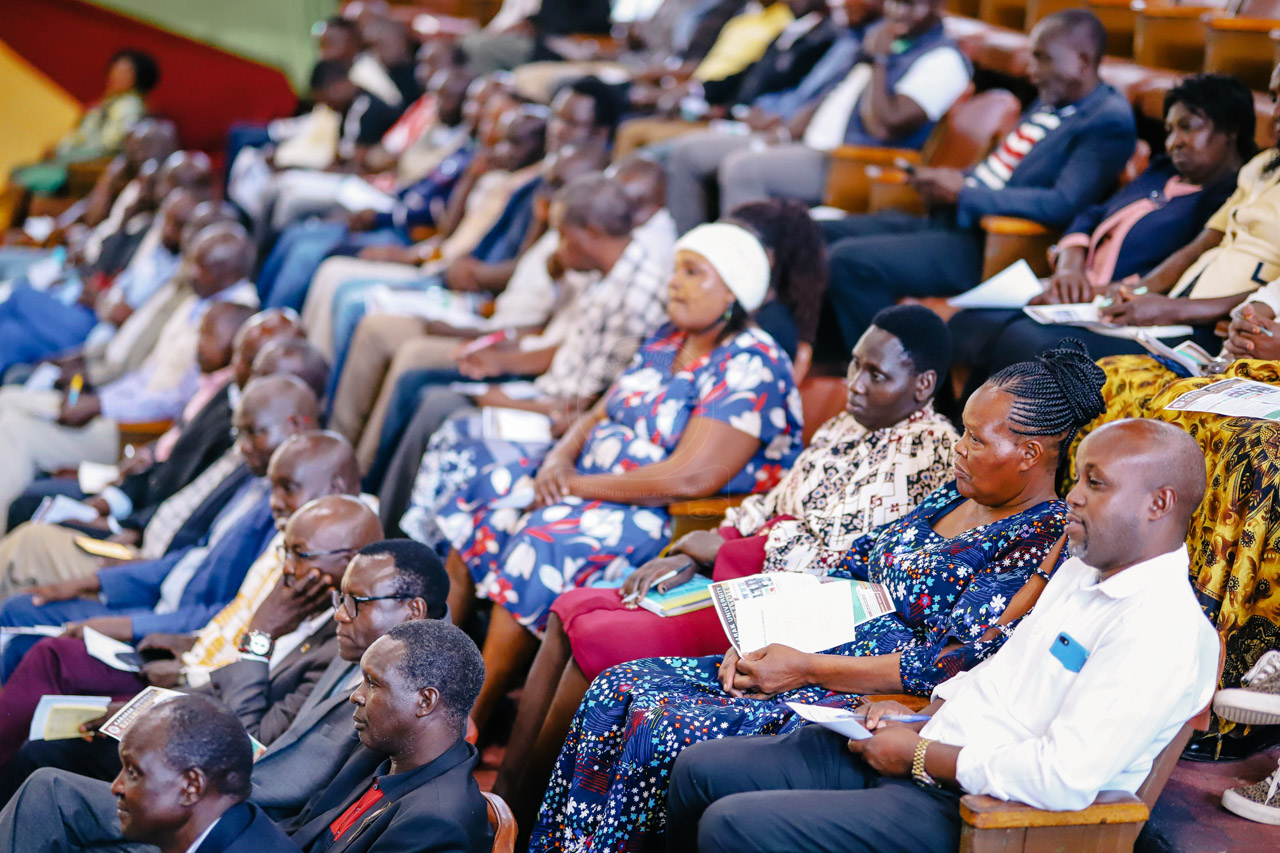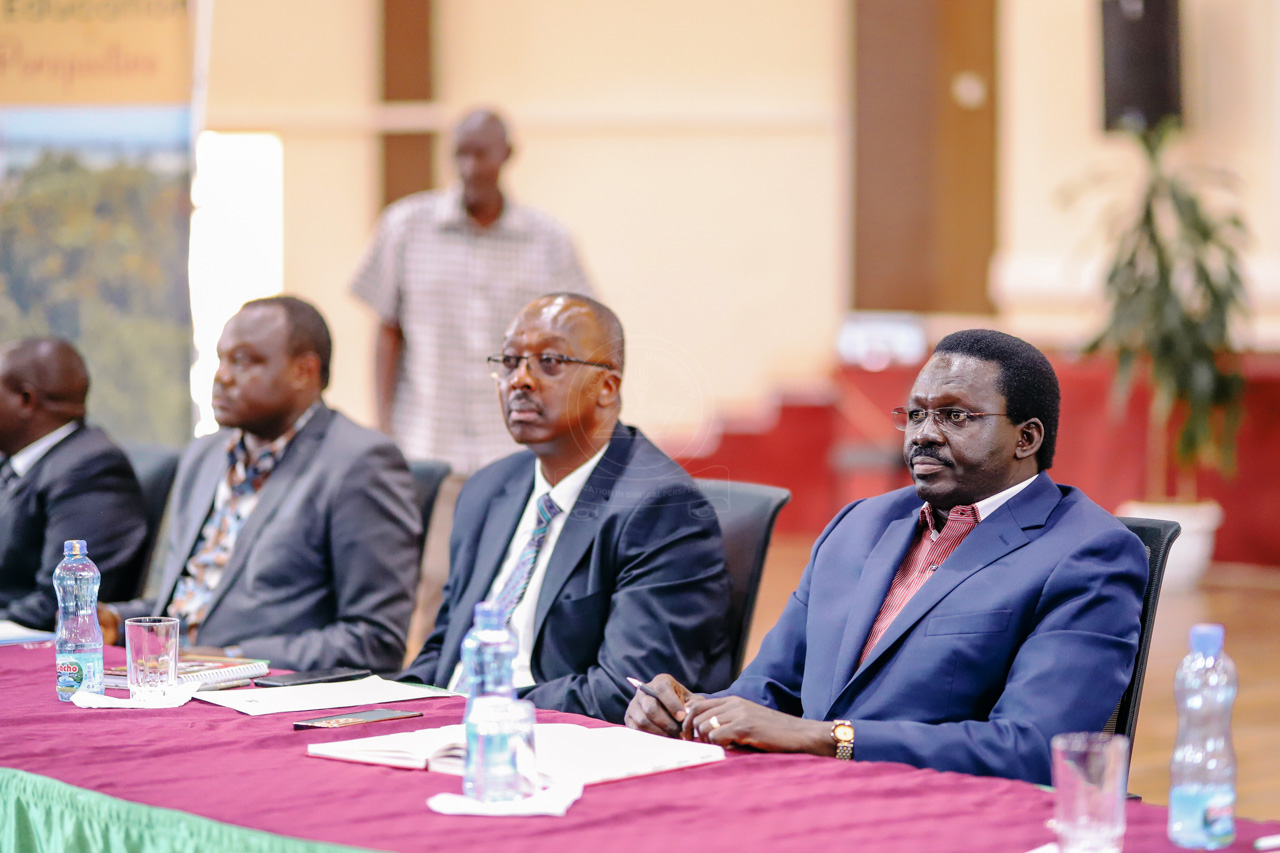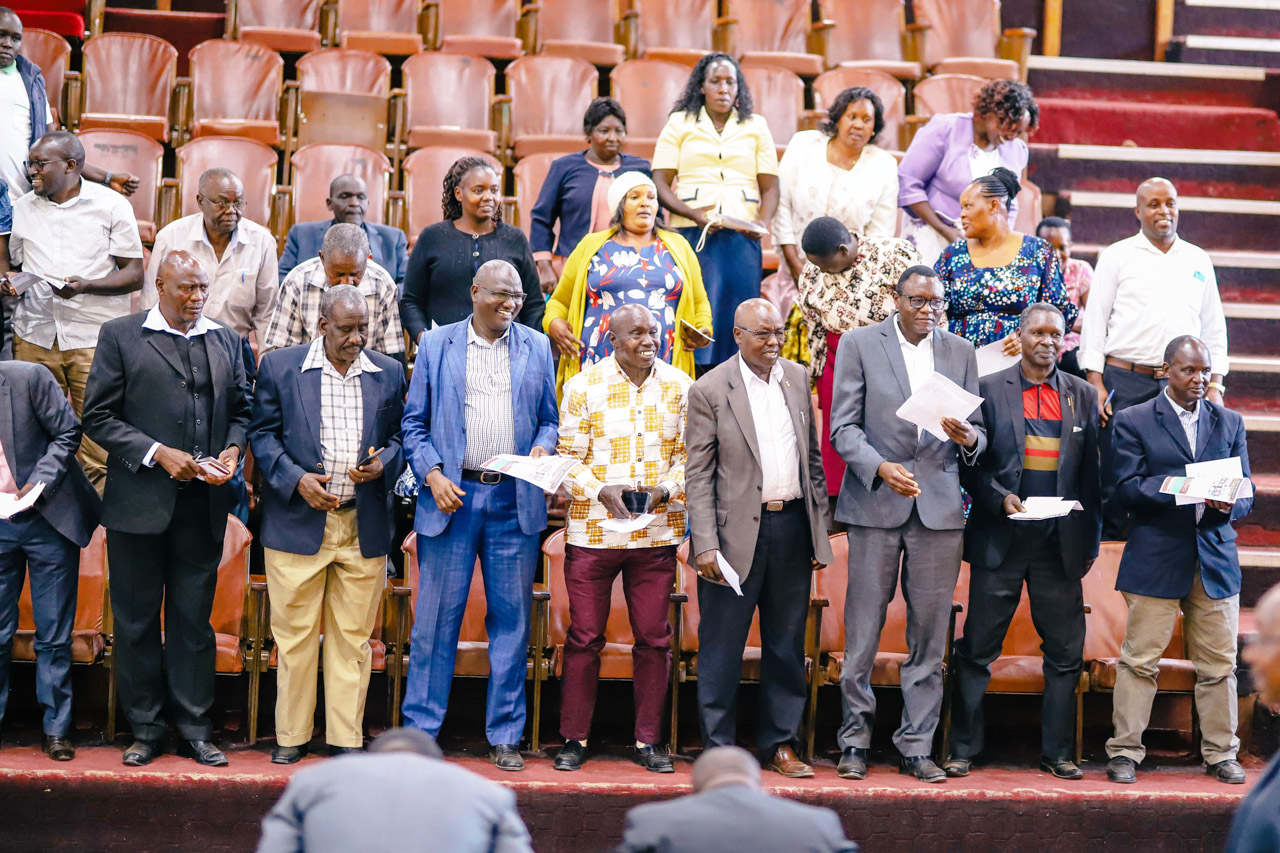In the heart of Nakuru County, Kabarak University is more than just a center of higher learning; it's a vibrant community hub. Beyond its academic pursuits, Kabarak University recognizes the importance of forging strong connections with the neighboring community, which includes community members, the church, landlords, women leaders, professionals, and business owners. During a gathering, Vice-Chancellor Prof. Henry Kiplangat emphasized the crucial role of unity among these stakeholders and conveyed the university's dedication to cultivating an environment that nurtures the ethical development of its students. His speech also highlighted the university's commitment to Corporate Social Responsibility (CSR) initiatives aimed at reinforcing community ties.
The address by Vice-Chancellor Prof. Henry Kiplangat underscored the notion that Kabarak University is not confined within the boundaries of its campus; rather, it's an integral part of a broader community. He spoke fervently about the necessity for unity among the university, the local community, and all involved parties. "We are more than just neighbors; we are partners in the advancement and maturation of our students," he affirmed.
During his address, Prof. Kiplangat stressed the significance of establishing an environment that supports the moral and ethical growth of students. He emphasized that the university's role surpasses mere academic excellence; it extends to nurturing responsible, ethically upright individuals. "Education goes beyond textbooks," Prof. Kiplangat elucidated. "It encompasses the inculcation of values, ethics, and a sense of responsibility in our students. This can only be accomplished when the entire community stands together."
Prof. Kiplangat delineated the collective endeavors required to provide a secure, nurturing community for students. He urged landlords to ensure the safety and conducive learning environment of student housing. He encouraged local business owners and professionals to engage with students, offering mentorship and practical insights. Women's leadership was acknowledged as a pivotal element in forming an inclusive and equitable community.
"The success of our students isn't solely the university's responsibility," Prof. Kiplangat remarked. "It's a collaborative endeavor. Through our combined contributions, we create an atmosphere in which our students can excel both academically and ethically."
Additionally, Prof. Kiplangat touched upon the university's Corporate Social Responsibility (CSR) initiatives. These undertakings are designed not only to give back to the community but also to strengthen the connections between the university and its neighbors.







